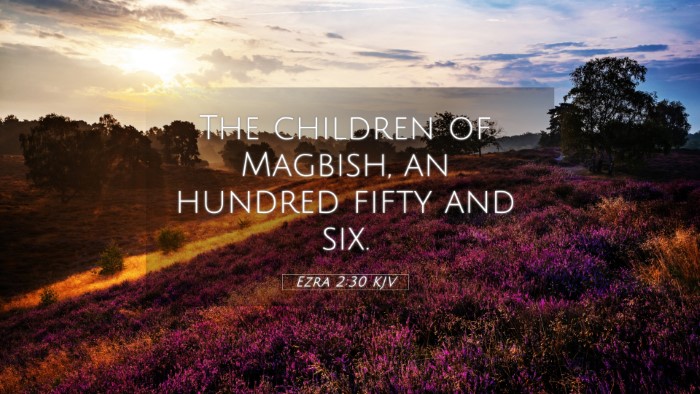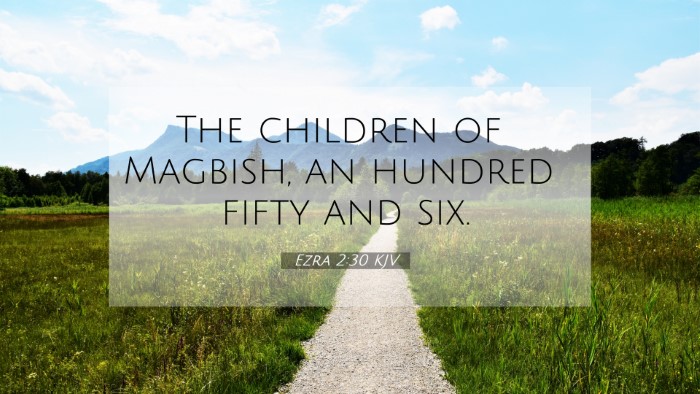Old Testament
Genesis Exodus Leviticus Numbers Deuteronomy Joshua Judges Ruth 1 Samuel 2 Samuel 1 Kings 2 Kings 1 Chronicles 2 Chronicles Ezra Nehemiah Esther Job Psalms Proverbs Ecclesiastes Song of Solomon Isaiah Jeremiah Lamentations Ezekiel Daniel Hosea Joel Amos Obadiah Jonah Micah Nahum Habakkuk Zephaniah Haggai Zechariah MalachiVerse
Ezra 2:1 Ezra 2:2 Ezra 2:3 Ezra 2:4 Ezra 2:5 Ezra 2:6 Ezra 2:7 Ezra 2:8 Ezra 2:9 Ezra 2:10 Ezra 2:11 Ezra 2:12 Ezra 2:13 Ezra 2:14 Ezra 2:15 Ezra 2:16 Ezra 2:17 Ezra 2:18 Ezra 2:19 Ezra 2:20 Ezra 2:21 Ezra 2:22 Ezra 2:23 Ezra 2:24 Ezra 2:25 Ezra 2:26 Ezra 2:27 Ezra 2:28 Ezra 2:29 Ezra 2:30 Ezra 2:31 Ezra 2:32 Ezra 2:33 Ezra 2:34 Ezra 2:35 Ezra 2:36 Ezra 2:37 Ezra 2:38 Ezra 2:39 Ezra 2:40 Ezra 2:41 Ezra 2:42 Ezra 2:43 Ezra 2:44 Ezra 2:45 Ezra 2:46 Ezra 2:47 Ezra 2:48 Ezra 2:49 Ezra 2:50 Ezra 2:51 Ezra 2:52 Ezra 2:53 Ezra 2:54 Ezra 2:55 Ezra 2:56 Ezra 2:57 Ezra 2:58 Ezra 2:59 Ezra 2:60 Ezra 2:61 Ezra 2:62 Ezra 2:63 Ezra 2:64 Ezra 2:65 Ezra 2:66 Ezra 2:67 Ezra 2:68 Ezra 2:69 Ezra 2:70

